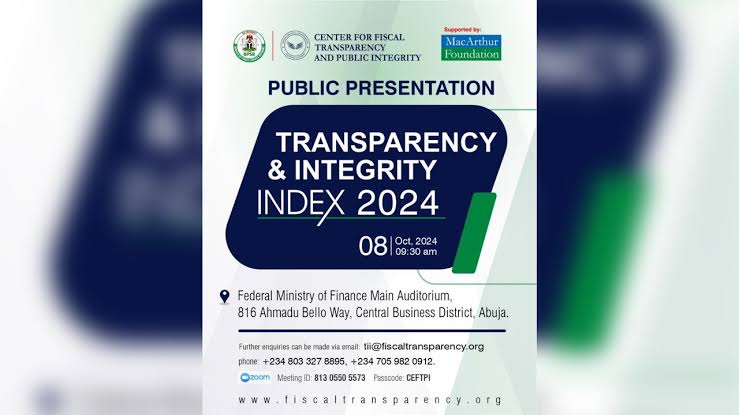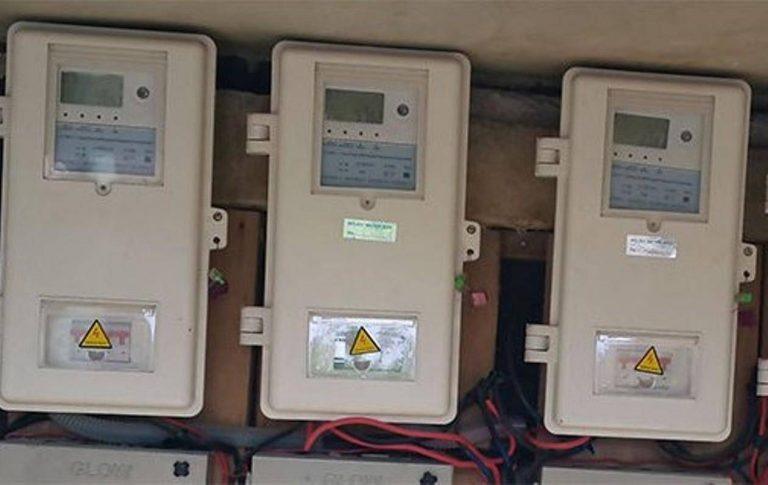Transparency failure: NNPCL, NPA, NEITI among agencies scoring below 10% in 2024 index
A new report by the Centre for Fiscal Transparency and Public Integrity (CeFTPI) has revealed that key Nigerian government agencies, including the Nigerian National Petroleum Corporation Limited (NNPCL), Nigerian Ports Authority (NPA), and the Nigerian Extractive Industries Transparency Initiative (NEITI), have scored alarmingly low in transparency and accountability.
The 2024 “Transparency and Integrity Index,” which assessed a total of 514 ministries, departments, and agencies (MDAs), shows that 510 of these institutions scored below 10% on critical transparency indicators.
The report, presented in Abuja by CeFTPI’s Executive Director, Mr. Umar Yakubu, evaluated the MDAs based on a range of sub-variables. These include anti-bribery policies, whistleblower protections, conflict of interest management, and corruption control implementation reports.
According to Yakubu, the aim of the report was “to assess the openness and transparency of public institutions by evaluating the publication of vital information relating to good governance.”
He emphasized that the information evaluated should be “statutorily available within the public domain.”
The report also incorporated financial transparency variables such as budget allocations, budget releases, revenue remittance, and Auditor General’s reports from the last eight years.
Many of the MDAs performed poorly in these areas, with agencies such as NEITI, NNPCL, and NPA scoring a dismal 8 points or less out of a possible 100.
Some of the least-performing agencies, which received only 4 points, include the Office of the Head of the Civil Service of the Federation, the National Assembly Service Commission, the Ministry of Police Affairs, and the Ministry of Science, Technology, and Innovation.
Other notable mentions in this category are the Ministry of Petroleum Resources, the National Hajj Commission, and the Nigeria Football Federation.
However, only four agencies out of the 514 assessed were ranked high on the transparency index.
These top performers include the National Oil Spill Detection and Response Agency, Nigeria Investment Promotion Commission, Development Bank of Nigeria, and the Nigerian Institute for Advanced Legal Studies.
Reflecting on the findings, Yakubu stressed the need for urgent reforms to improve the transparency of public institutions, stressing that “the lack of transparency impedes the effectiveness of governance and public trust.”
The Director General of the Bureau of Public Service Reforms (BPSR), who was present at the report presentation, emphasized the significance of this annual evaluation.
He said, “The BPSR’s partnership with CeFTPI is inspired by the bureau’s strategic role in driving reforms across MDAs.
Although responses remain low, the BPSR intends to intensify efforts to promote greater awareness and adoption of transparency frameworks across all public institutions.”





